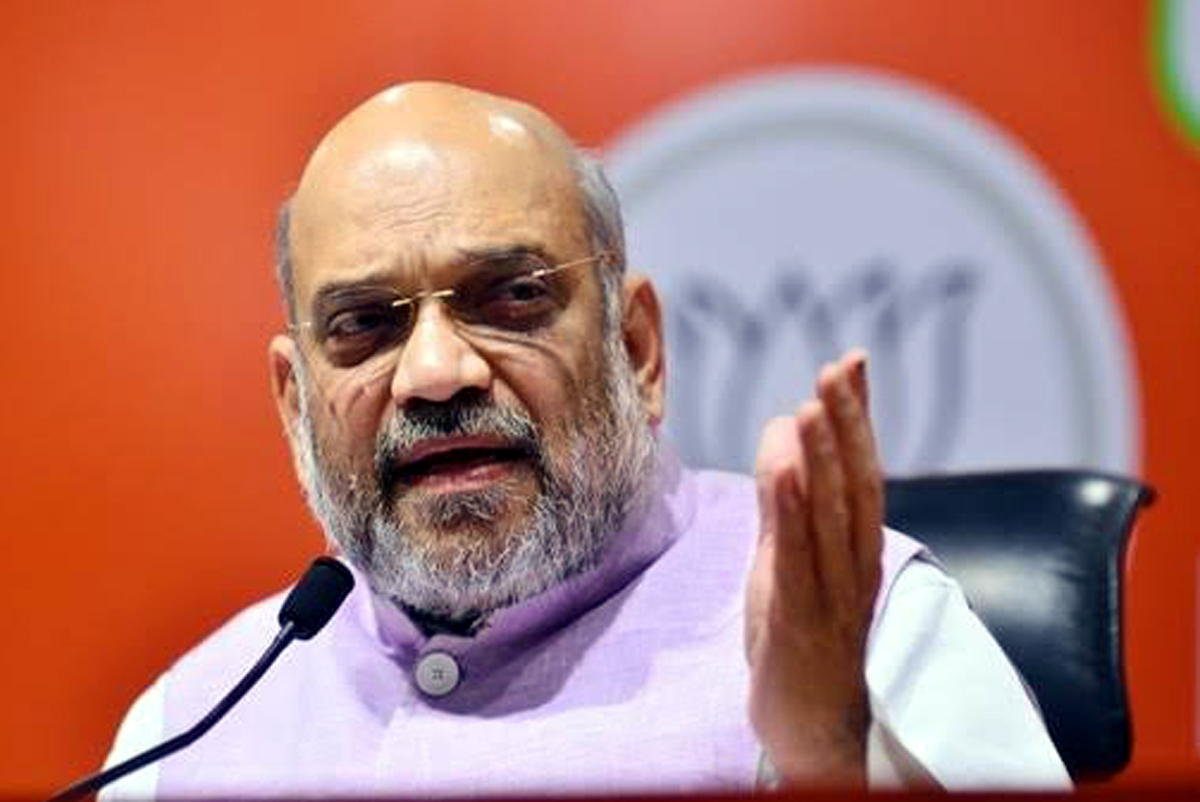NEW DELHI, Nov 30: Union Home Minister Amit Shah on Saturday held discussions with leaders of political parties, students bodies and civil society groups of Assam, Arunachal Pradesh and Meghalaya on the contours of the proposed Citizenship Amendment Bill (CAB) and listened to their views, sources said.
Chief Ministers of Assam, Arunachal Pradesh and Meghalaya Sarbananda Sonowal, Pema Khandu and Conrad Sangma respectively, Union minister Kiren Rijiju, several MPs attended the meetings separately.
Sonowal said the consultations carried out by Shah will allay all apprehensions on the CAB.
“This is a very honest and democratic approach of taking along every section of people of the Northeast. I am sure those who have attended the meetings with the home minister felt assured of the central government’s commitments towards the region,” he told PTI.
Most regional parties and civil society groups raised the issue of how CAB could affect the tribals.
Sources said the home minister is learnt to have indicated to them that the CAB may not affect the tribal areas protected by the Inner Line Permit (ILP) regime and those who are governed under the Sixth Schedule of the Constitution.
These areas may be exempted from the ambit of the proposed bill, Shah is believed to have conveyed to the delegations, sources said. Later, Assam minister Himanta Biswa Sarma said even though most of the civil society groups have opposed the earlier bill, the new redrafted bill will ensure that the interests of the ILP-regime areas and the Sixth Schedule areas are protected.
Sarma also said a separate legislation may be brought on the recommendations of a committee set up by the home ministry to look into the options of providing constitutional safeguards to the indigenous people of Assam.
The Assam-based political party AIUDF, headed by Maulana Badruddin Ajmal, has opposed the bill, which aims to give citizenship to non-Muslim refugees from three neighbouring countries.
The bill seeks to amend the Citizenship Act, 1955, in order to grant Indian nationality to Hindus, Sikhs, Buddhists, Jains, Parsis and Christians, who come to India due to religious persecution in Bangladesh, Pakistan and Afghanistan even if they don’t possess proper documents.
Former Arunachal Pradesh Chief Minister Nabam Tuki said they opposed the 2016 bill but if the new bill excludes the ILP-regime states, it can be considered. President of the All Bodo Students Union Pramod Boro said they have conveyed to the home minister that they opposed the CAB as it does not provide any safeguard to the tribal areas.
“We want constitutional safeguards to the indigenous people,” he said. (PTI)


